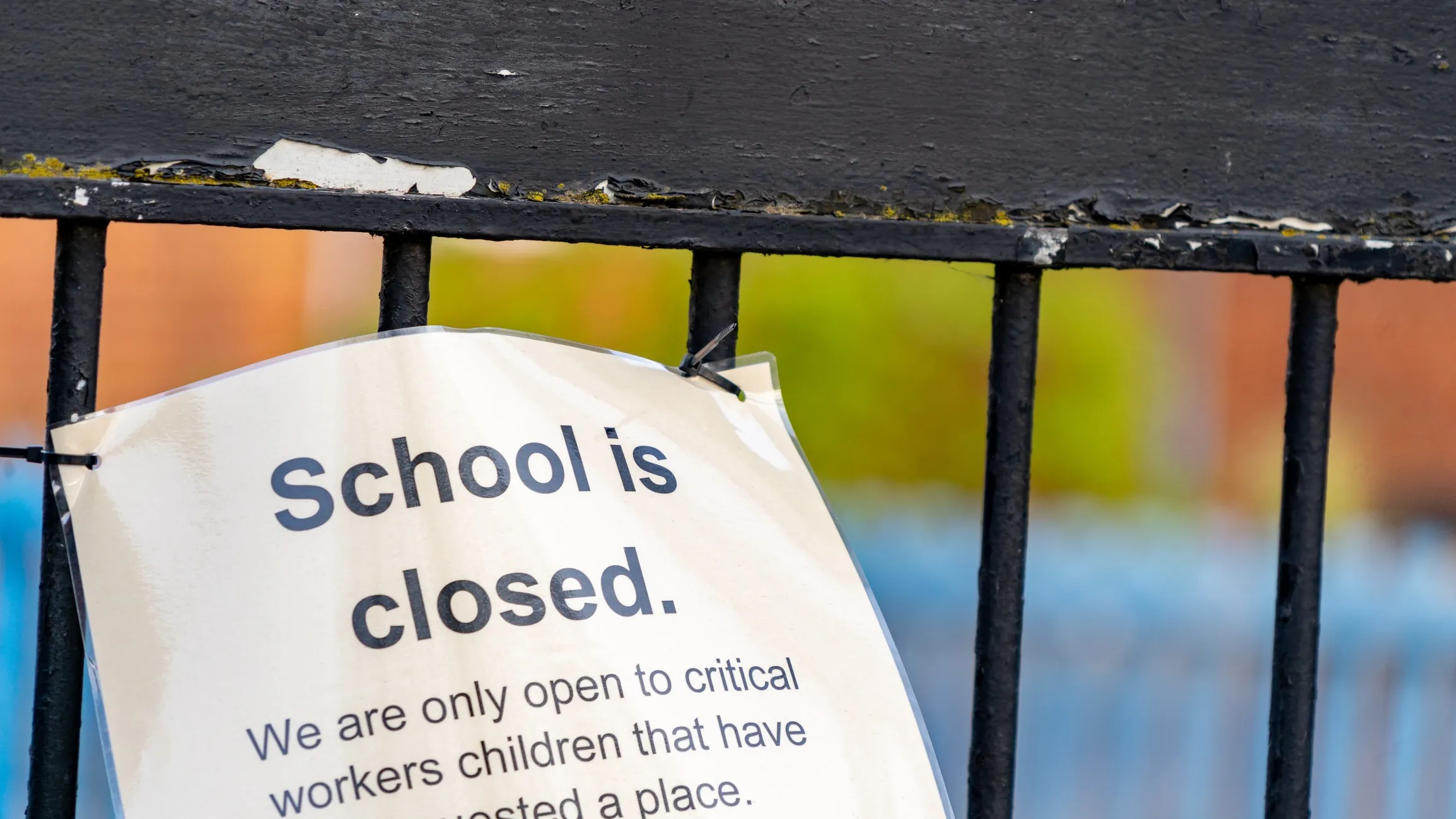
Their stories will help the team gauge how limited access to education, respite care and specialist services – as well as restrictions on family support – has impacted on parents and carers.
Building a clearer picture of the pandemic’s effect will enable researchers to make key recommendations that shape the provision of services as restrictions ease.
So far 134 parents have completed the survey – half are parents of young people with intellectual difficulties and half are parents of typically developed children. Researchers are keen to hear from more families.
Intellectual disability – or ID – is a term used when a person has certain limitations in cognitive functioning and skills, including communication, social and self-care skills.
Useful comparison
Hearing from both groups of parents and carers offers a helpful comparison when assessing the impacts of the pandemic and lockdown on families, researchers say.
A majority of respondents say their children have experienced mild to moderate symptoms of depression (59 per cent), stress (57per cent) and anxiety (51 per cent) during the pandemic.
Smaller numbers of parents report that their children have experienced more severe – or extremely severe – symptoms of depression (15 per cent), stress (4 per cent), and anxiety (30 per cent).
The study team has also found a significant association between children’s challenging behaviours and parents’ mental health.
Upward trend
An increase in difficult behaviours – such as children becoming overwhelmed or overexcited – is linked to an increase in poor parent mental health, results suggest. So too are traits such as being stubborn, uncooperative or anxious.
The team has found that parents of children with ID are experiencing poorer mental health themselves and more challenging child behaviour compared with parents whose children do not have ID.
Early survey findings are providing insights into the types of support used by parents prior to lockdown and right up to present day.
Informal help
Across the whole sample, the team found that before lockdown, informal help from friends and family was the most commonly used type of support.
This has decreased during the pandemic and has not quite returned to the same levels as pre-lockdown, the findings suggest.
This is the same for other types of support, including formal respite care and outreach services. All have dropped during lockdown and are still at lower levels now compared with prior to lockdown.
Services closed
The trend may be attributable to services being closed, or unable to resume full-time since closing during lockdown.
Researchers say that despite the country being in a ‘recovery phase’, there is still a lack of service uptake – often because services are not available – and families are suffering.
Lead researcher Hope Christie, of the University of Edinburgh’s School of Health in Social Science, said: “More work is needed to find out how best to support families – completing the survey can help build a clearer picture of families’ experiences.”
The research is funded by the Economic and Social Research Council , as part of UK Research and Innovation's rapid response to Covid-19.
Parents and carers of children aged 5-18 can take part in the study by emailing hchrist5@ed.ac.uk
Related link
School of Health in Social Science

